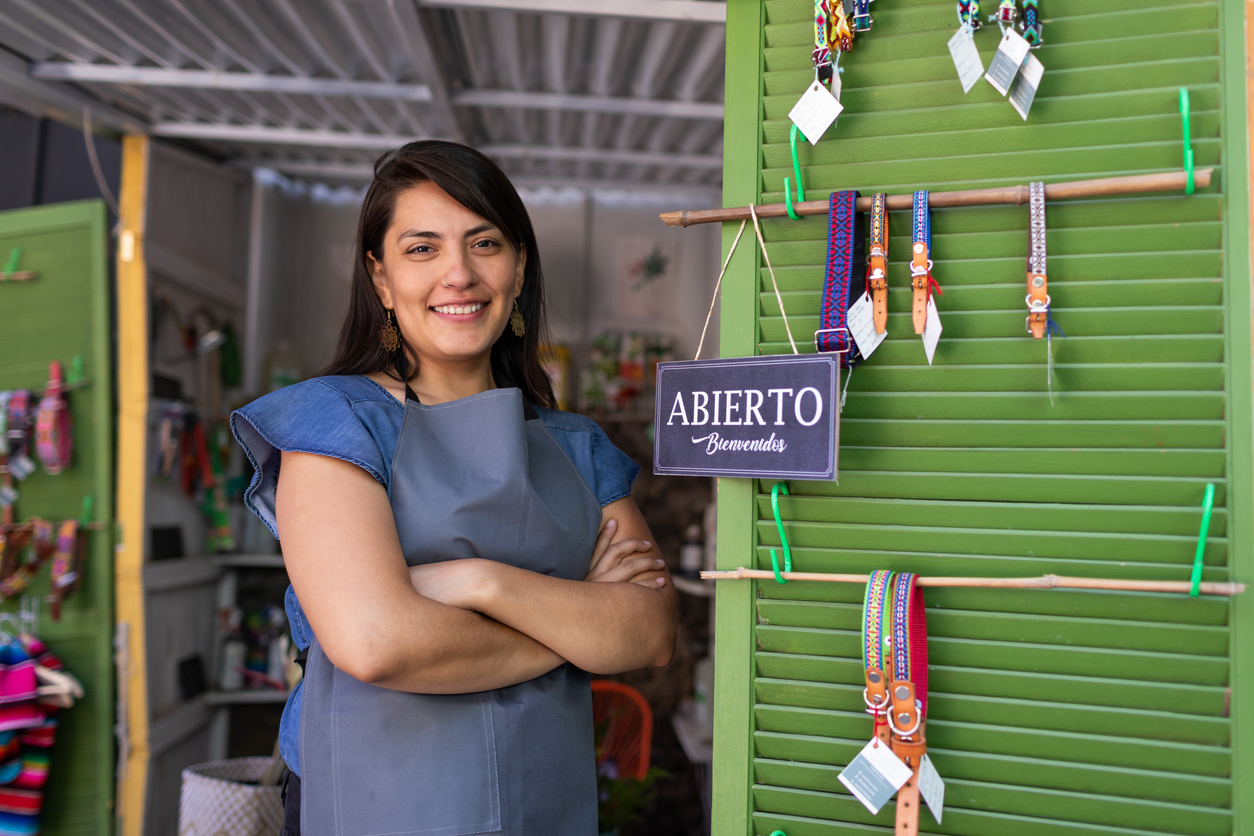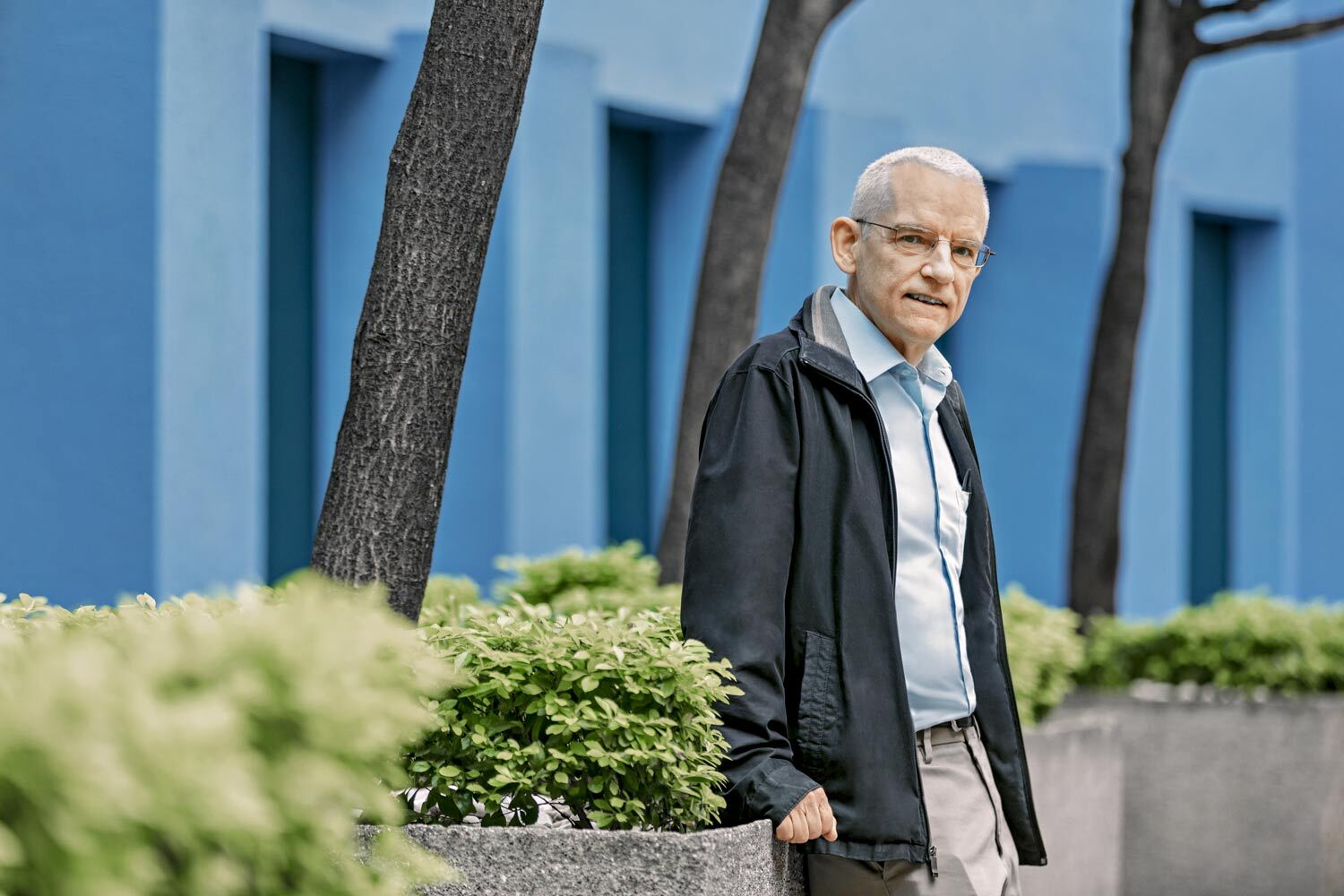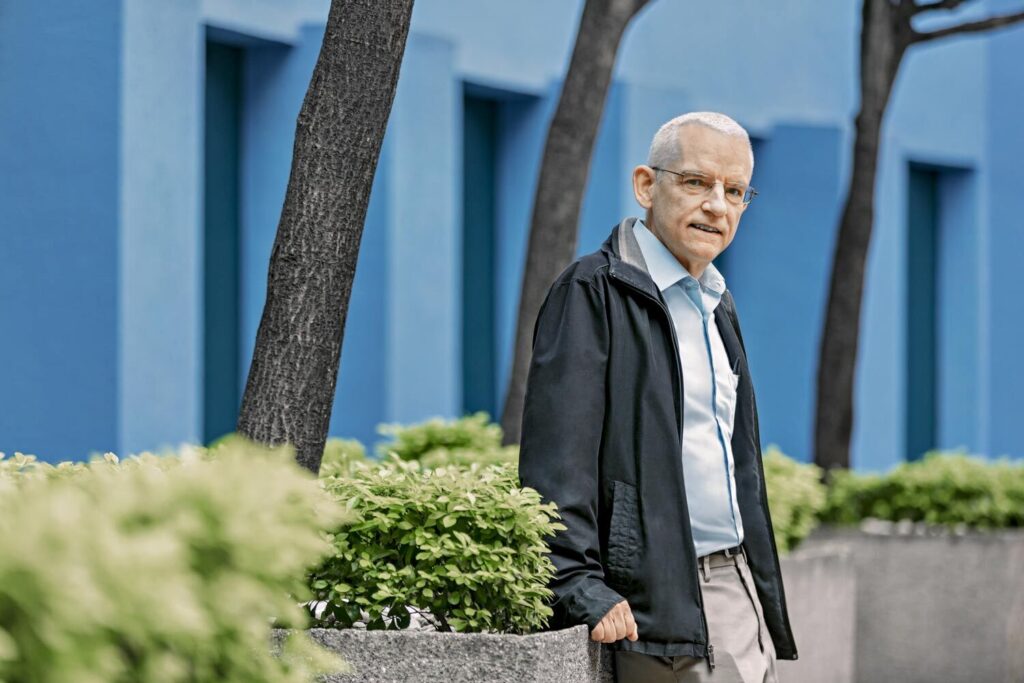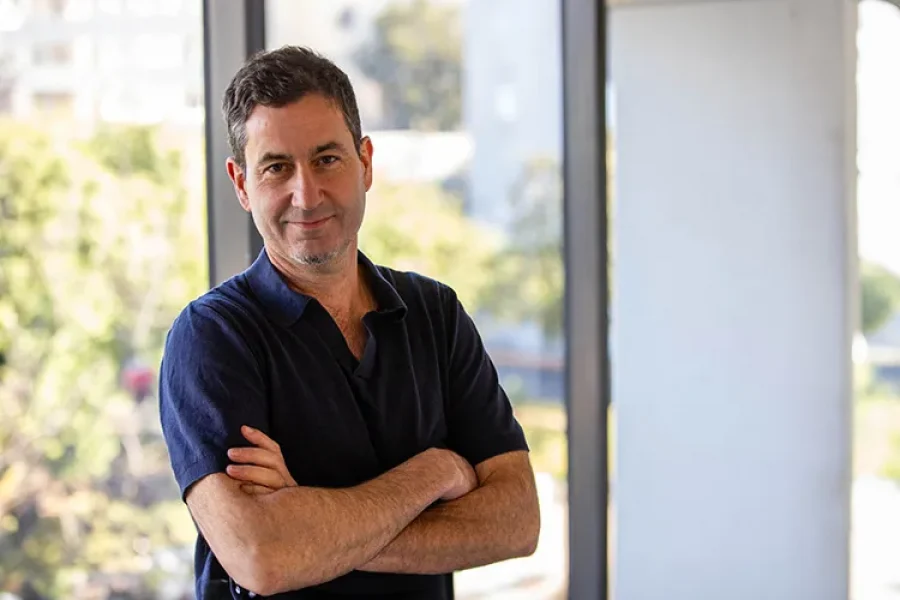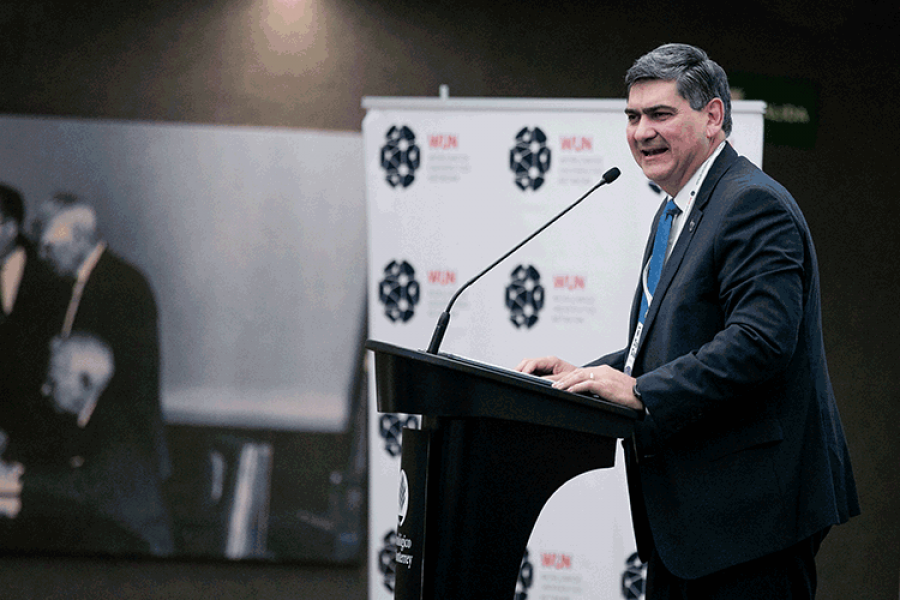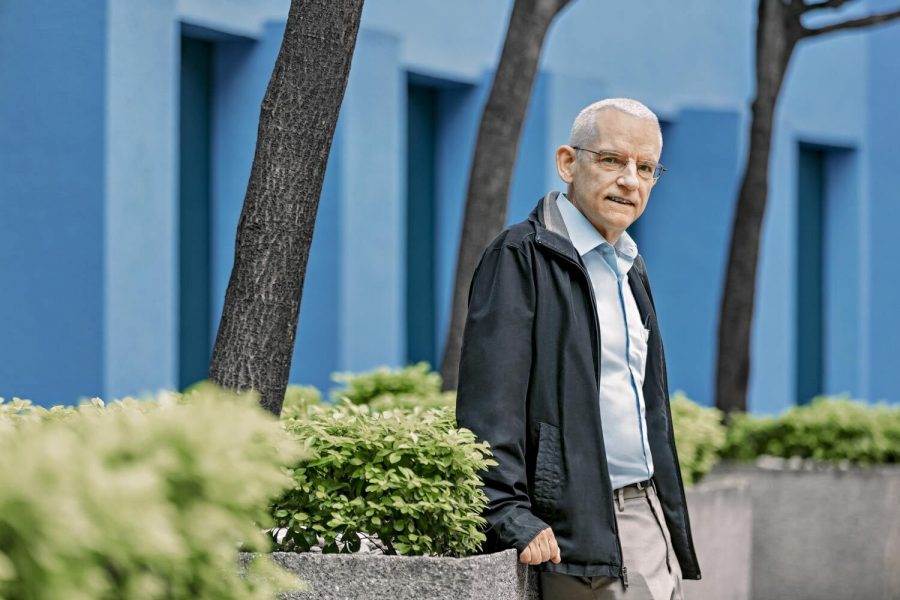The municipality of Higueras, Nuevo León, lies in Mexico’s Sierra Picachos and is a Protected Natural Area (ANP) of more than 75,850 hectares. As extractive industries intend to enter this area to quarry the site, the Ecological Association of Sierra de Picachos collaborated with SWIT to protect this ecosystem.
Carlos Scheel, emeritus professor at EGADE Business School, created the SWIT group in 2007 to focus on generating wealth through the circular economy, which takes sustainability into account.
SWIT group
Sixteen years ago, Professor Carlos Scheel began developing an initiative to boost the economy through innovation or disruptive technologies. This project evolved into SWIT, an abbreviation for Sustainable Wealth Creation through Innovation and Technology.
The group was formed to assist cities and industries, develop projects, and solve problems. Now, their goal is to create long-term wealth through innovation and disruptive technologies.
In Higueras, they took on the task of seeking alternative economic development for the locals while respecting nature. Some of the circular economy activities carried out in this initiative include expert workshops, as well as the manufacture and commercialization of local goat cheese and oregano.
The initiative was put on hold because of the pandemic, but Carlos says that they will continue to pursue a food-based economy, which means producing and selling food to support economic development and employment creation in Higueras.
How does the SWIT group work?
The work carried out by the group also focuses on technological development, such as exploring processes like pyrolysis, which converts plastic into gas and oils that can be used as fuels.
This organization works in towns and industries, primarily in Mexico and Latin America, to promote economic growth while protecting the environment and fostering a circular economy.
“We work with cities, businesses, and entire industries such as plastics, water, and food. We want to create methodologies for problem-solving and project generation,” explains Scheel.
Some of the places where this group has supported the circular economy include small communities like Higueras in Nuevo León, Mexico, Latin American regions like Colombia, a Caribbean island, and even India.
The group consists of professionals from diverse fields who join projects based on their requirements. Through the experience and knowledge of its members in these areas, this group aspires to generate economic growth by incubating and accelerating sustainable businesses.
SWIT not only assists in the development of these startups or businesses but is also developing a methodology that could be replicated in other cities and surroundings, addressing themes such as financing and sustainable business creation procedures.
Members also participate in scientific research and publish papers to enhance academic knowledge in the fields of the circular economy and sustainable enterprise.
Carlos Scheel points out that on the Caribbean island of San Andrés, for example, they developed approaches for reusing industrial waste by assisting and accelerating food local businesses.
“We want to develop or create self-sufficient towns in terms of water and food,” Scheel explains.
Another case is Guyana, where a city called Bartica lies about an hour and a half from the capital, Georgetown. The mining sector leaves waste such as metal components and tires in this city, which is known for being one of the biggest producers of gold. This waste is later used by companies or startups to make something worthwhile for the local population.
Projects are occasionally undertaken in partnership with national and international organizations. In Guyana, SWIT collaborated with the United Nations Environment Programme (UNEP).
“We’ve attended many conferences, and the majority of these projects have been initiated by people who contact me, and then we review them and begin the projects. These are such specialized concerns that I don’t offer any services proactively. They contact me,” Scheel says.

